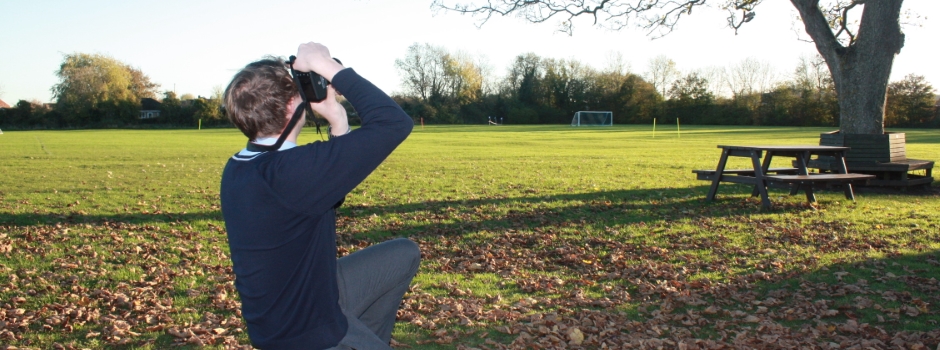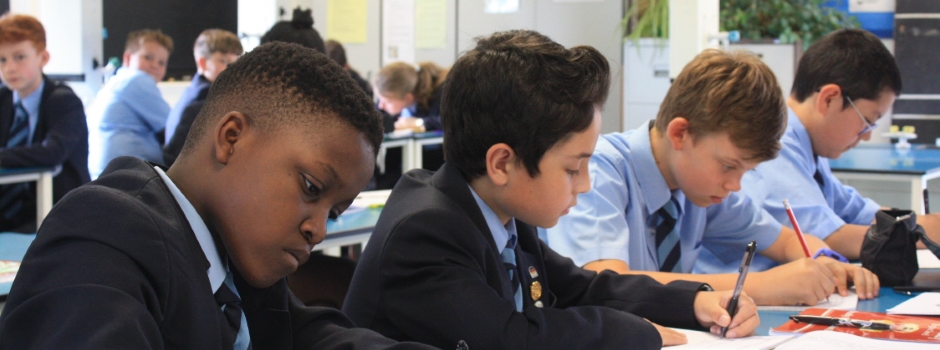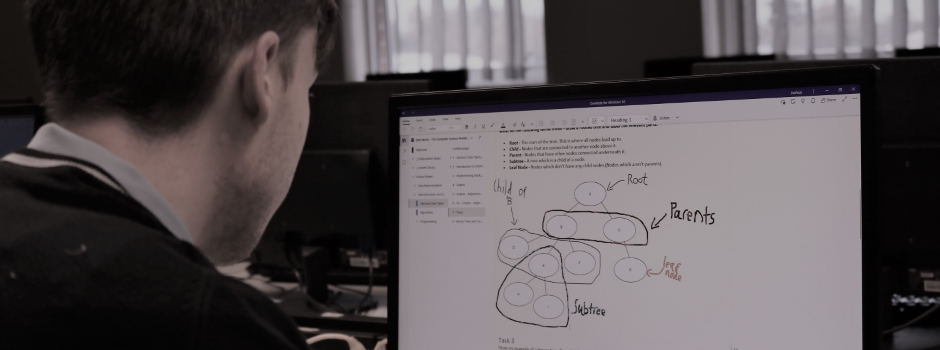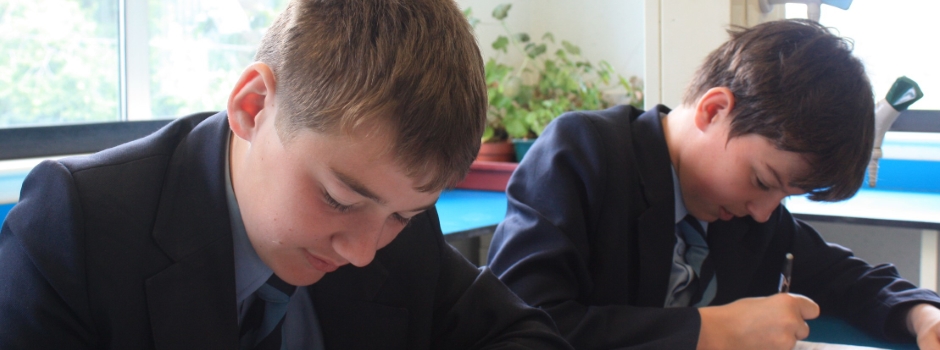



















































History
Introduction
"How do you know who you are unless you know where you've come from? How can you tell what's going to happen, unless you know what's happened before? History isn't just about the past. It's about why we are who we are - and about what's next". Tony Robinson, actor and television presenter.
Facilities
There is one dedicated main school history classroom that is fitted with a computer and multi-media projector. There is also a specialist sixth form history room within Norbury House. Along with this, the department can often be found making use of the many ICT facilities that the school has to offer.
The department contains a variety of artefacts that are used to bring lessons alive by letting pupils experience what it must have been like in certain times.
Curriculum
History is taught to all pupils at key stage three and it is a popular option choice at GCSE and A-level.
As part of the History curriculum students are encouraged to attend trips arranged by the department. In recent years we have visited the Civil War Museum in Newark, Nazi sites in Nuremberg and Munich, the World War One battlefields around Ypres and the Somme, and each year participate in the Lessons from Auschwitz Project. Below are some pictures from these visits.
There is also an emphasis on the skills of history and the aim is to ensure students are versatile thinkers who can question the information with which we create our ideas of the past. To this end students will use a vast variety of historical sources to begin to interpret the past and to question interpretations of this past. They will use diaries, newspapers, letters, oral histories, secondary textbooks, pictures, political cartoons, photographs etc.
At GCSE students follow the Edexcel 1HI0 History syllabus and cover a thematic study on Medicine Through Time, a period study on the American West 1849 – 1894, a British depth study pn the Norman invasion and conquest of Britain, 1060-1088 and a modern world depth study on Germany 1919-1939. At A Level, the department teaches the Edexcel 9HI01 specification covering Russia, 1894-1919, England 1624-1714, British Experience of Warfare 1793-1919 and a coursework unit on the end of the Cold War 1981-1991.
General
History is taught through a variety of methods and although we place great value on developing students' written skills we also make use of videos', speaking and listening activities such as group-work, discussion and presentations. Students will also make use of ICT and role play to help them to understand the subject. By the time they choose their options at the end of Year 8 they should have developed a broad knowledge and understanding of a number of key issues and developments in British History from 1066 to 1918.
There are more and more 'History' web sites but with so much information the skills of sorting through it to find relevant, useful and appropriate information is becoming ever more important. Any historian should question the information with which they are presented; and when looking at web sites this should be remembered.
Staff
Please click on the link below for an up-to-date list of staff:

